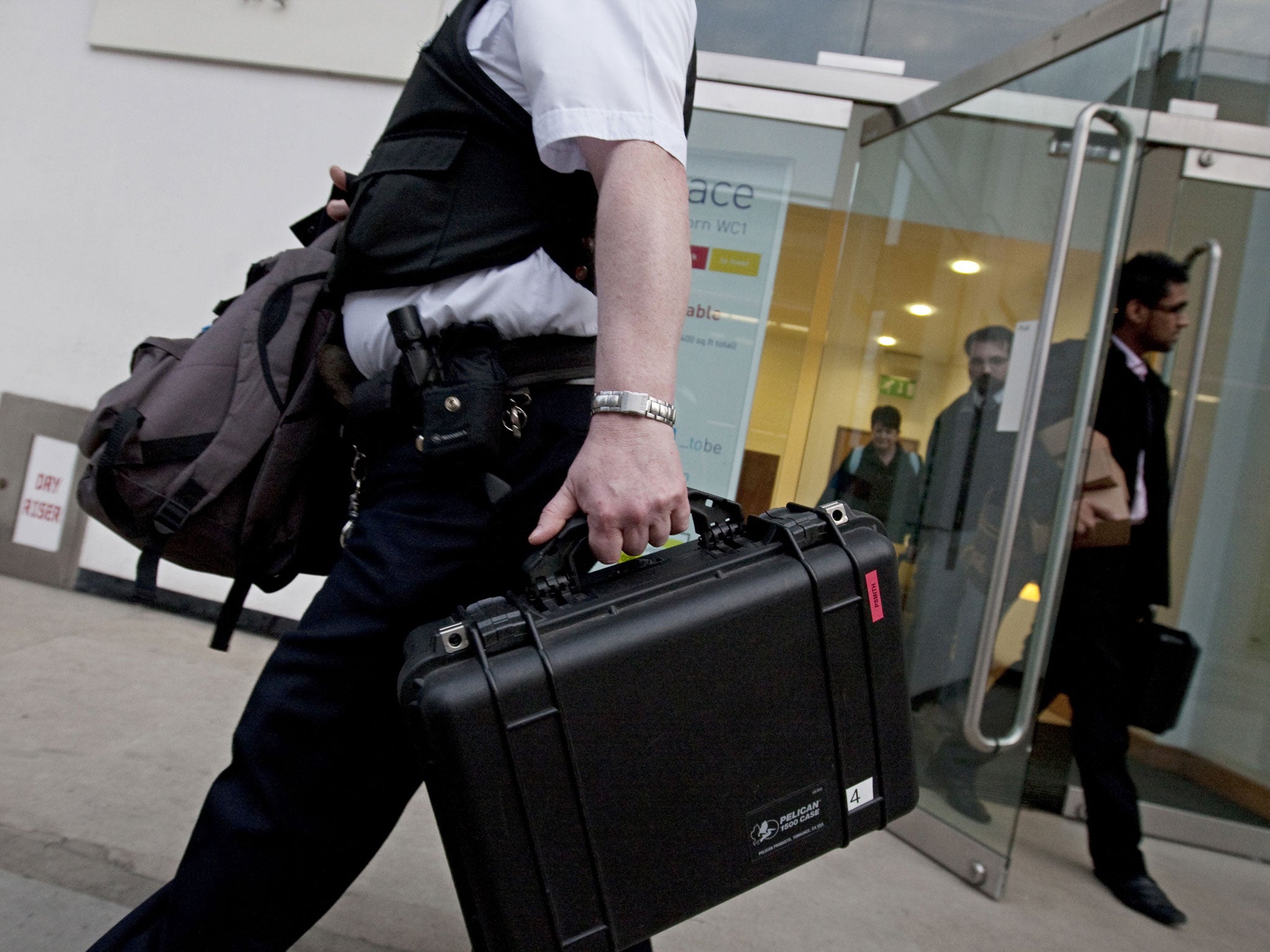We’re letting our fraudsters get away with it
The failure to deal with this problem is damaging the City’s reputation

The Serious Fraud Office targets the country’s biggest economic criminals. It has a massive job. There is a growing number of them as Britain becomes the closest you get to an off-shore island that is not in the Caribbean. Instead, the SFO’s own mismanagement has become the story. The SFO is facing a legal threat from one group of targets after a fumbled dawn raid; a committee of MPs has attacked a BBC-style overpayment to departing employees amid cronyism allegations; most recently it lost a massive tranche of documents. This history of bungles calls for drastic action.
These charges were discounted by David Green, the SFO’s director when he addressed the Cambridge Conference on Economic Crime yesterday. He said he had revamped his management and has got a five per cent increase in his budget. He also said he has a long pipeline of cases.
But the Government and the market cannot wait for Green’s changes to come through. The failure to deal with fraud is damaging the City’s reputation. Confidence in the SFO is draining away. The failure to bring big prosecutions under the UK Bribery Act 2010 is particularly damning. This trophy legislation was meant to answer critics of the UK’s poor reputation in fighting corruption. But then Tony Blair closed the SFO’s investigation of the al-Yamamah Saudi arms deal.
Since the Act came into law, the SFO has brought only two cases. One of these is more of an investment fraud than corruption. The other prosecution did not target corporate corruption. Only two other bribery cases are being investigated according to the SFO’s own senior investigator, Kevin Davis. Investigations are outstanding against some high-profile companies, but because of leaks and a lack of resources they may take years. By then time, documents – and momentum – may have been lost. The SFO’s investigation of Libor manipulation looks scarcely more credible. Twenty banks are implicated, but the SFO has so far charged only three traders.
Changing the fraudbusters will not conquer UK fraud, but it will signal a rethink. It could start by looking at corporate liability, as demanded by Emily Thornberry, the Opposition spokesman. She told the Cambridge Conference yesterday that she wants a company to be liable to fraud prosecution when any employee is involved, and not just the director who knew about it, as is the case at the moment.
To win the fight against fraud, we need to look to the US. There, whistleblowers can receive incentives to bring their evidence to the prosecutors; law enforcers and the courts have the legal means to do deals with companies and extract large fines in return for guilty pleas. A well-resourced Department of Justice has the teeth to pull down the big fish. The SFO has a record of failure and bungling and cannot fulfil this role. A new start would be bad news for criminals and good news for the UK taxpayer.
Nick Kochan is the co-author of ‘Corruption: The New Corporate Challenge’, published by Palgrave
Join our commenting forum
Join thought-provoking conversations, follow other Independent readers and see their replies
Comments
Bookmark popover
Removed from bookmarks